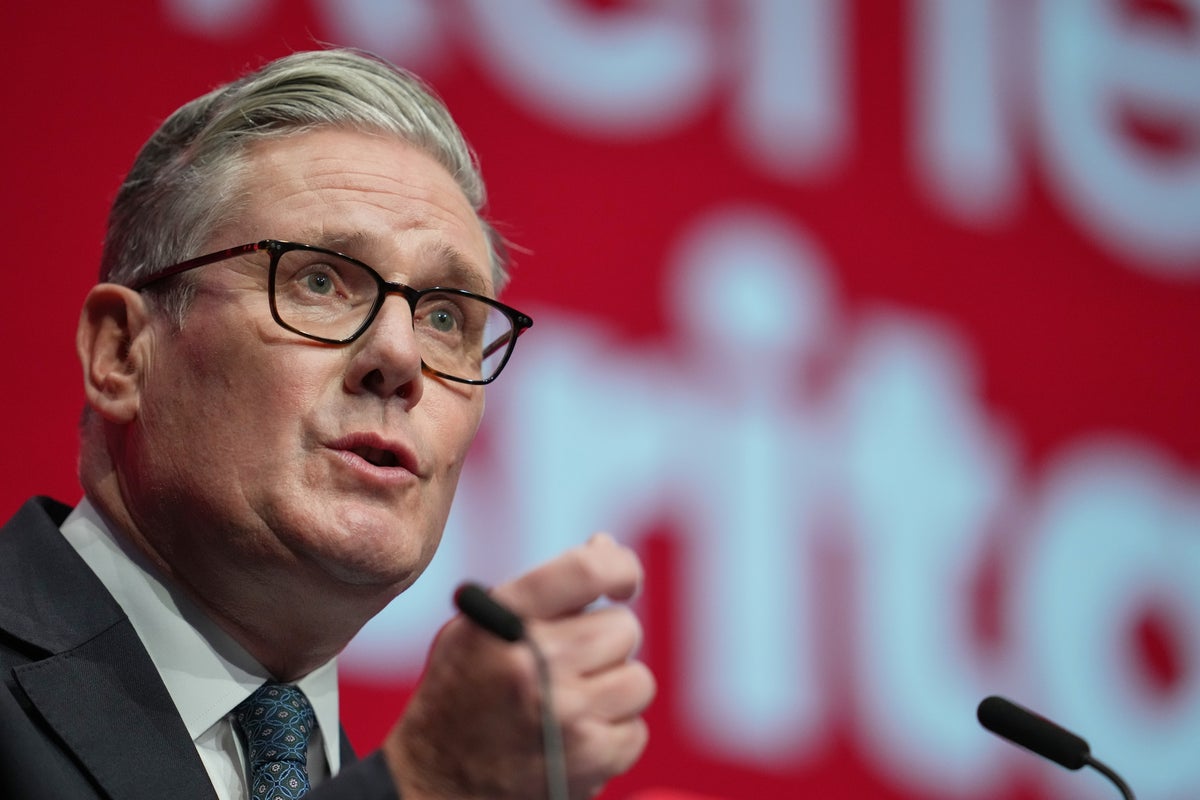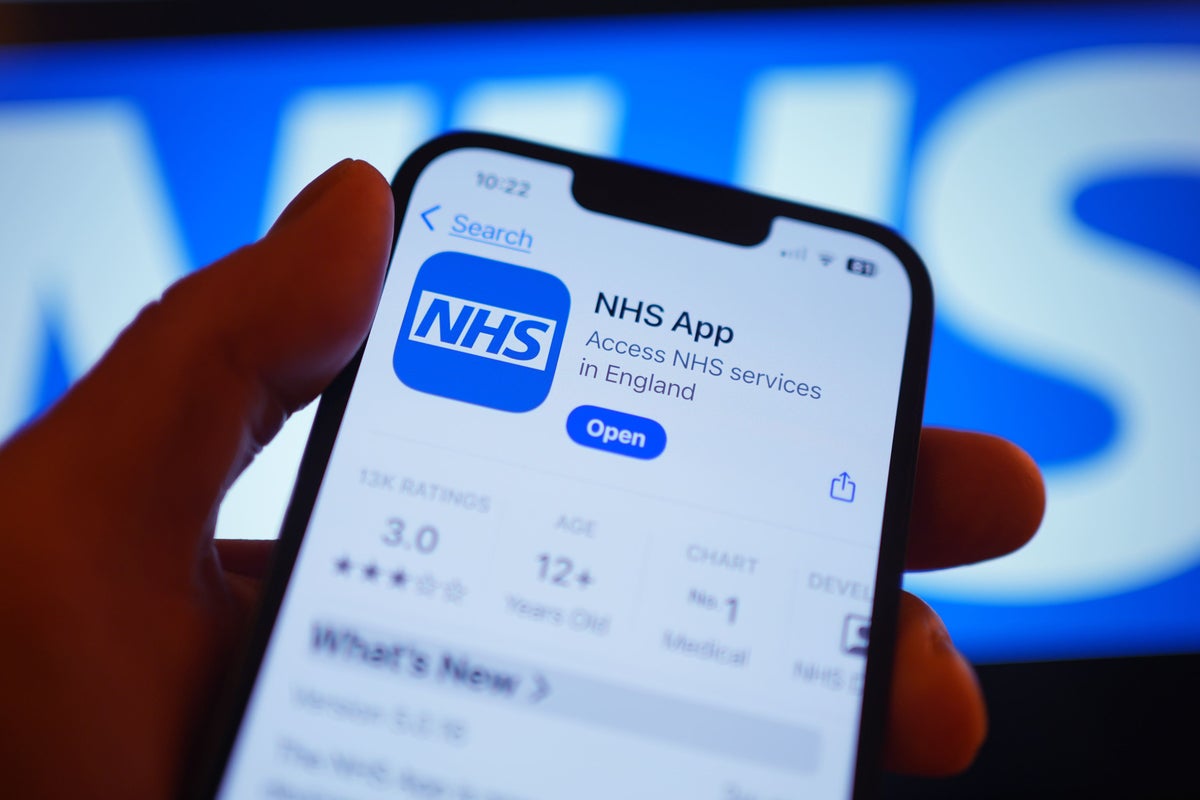Patients will be seen faster from the “comfort of their own home or their desk” thanks to a new NHS online hospital which gives access to specialists around England, the Health Secretary has said.
Wes Streeting told the PA news agency people will be able to use a “virtual hospital” from 2027 to speak to specialists, while those who prefer face-to-face appointments will still be able to have them.
Sir Keir Starmer also mentioned the online shift in his speech at the Labour party conference, saying NHS Online will deliver “millions of appointments” digitally.
Announcing the new service, the Prime Minister said the Government would “never” take away a face-to-face consultation “for those who want it”.
He said: “Think about a single mum juggling kids, trying to find time to speak to a specialist, or someone in their later years, living in a rural community miles from a hospital, who needs a check-up for a suspected eye condition.
“Why not have a doctor see you at home in your living room on an iPad, talking to you? No queues, no three-hour bus trip, no cancellation letters arriving after the appointment date.”
Earlier, Mr Streeting told PA: “This is a Labour Government that’s not just getting our NHS back on its feet, but modernising it so that it’s fit for the future.
“NHS Online is our new virtual hospital.
“It will mean that, for some patients with some conditions where it’s safe and appropriate, patients will be given the opportunity – instead of being sent around the houses to their GP, then to hospital, then for checks and scans, then back again – they’ll be seen faster and more conveniently from the comfort of their own home or their desk at work by someone who will be able to get a sense of their condition, give them a course of action, which might be going to a community diagnostic centre or they might be given a course of treatment, and it’s faster, convenient and easier for patients.
“The exciting thing about NHS Online is that we’re taking an approach that’s been proven to work in some hospitals, and rolling it out across the country.
“So in Southampton, for example, they’ve trialled this for patients with chronic bowel inflammation and, by taking that approach, patients are being seen more quickly, conveniently, online, given the support they need.
“It’s much better for them, and frees up hospital face-to-face appointments for those who need them.
“If it’s good enough for Southampton, why isn’t it happening everywhere?
“Of course, it’s only for those conditions where it’s safe and effective.
“And of course, there’ll be some people who always say, ‘Well, I want to see someone face to face’.
“And the good news is about this, everyone wins.
“For those who are seen online and want to be, it’s faster and more convenient, and for those who want to see someone face to face, well, the extra capacity we’re creating means that those people also get the better service.”
The Government estimates the move to a virtual hospital will generate an extra 8.5 million appointments over three years.
Moorfields Eye Hospital in London is also among those which Mr Streeting said “has really great online triage for some of its patients, much faster access to the right care”.
The new system will work by using teams to triage patients through the NHS App once they have had an appointment with a GP.
People will be able to book a first appointment with a specialist from around the country online, and then chat to them using video or via phone if they prefer.
NHS England said using country-wide specialists will help to spread out demand, with patients no longer held back by long local waiting lists.
Patients will also be able to book in for recommended tests or scans and be able to track their prescriptions.
Initially the focus will be on a small number of planned treatment areas with the longest waits, NHS England said, but will expand to other areas over time.
Dr Jeanette Dickson, chairwoman of the Academy of Medical Royal Colleges, said of NHS Online: “This is a novel and potentially game-changing way of improving equity and speed of access to NHS services, which would reduce health inequalities.
“Obviously, we need to make sure that those who aren’t digitally enabled are not penalised in any way, but if this approach can be delivered safely and effectively, freeing up capacity in bricks and mortar hospitals at the same time, then it could potentially be a really good thing.”
Dr Becks Fisher, from the Nuffield Trust, said: “It is sensible to give patients a free choice to opt in or out of these new digital services.
“This should mean that the NHS will not shut out those who want care in person.
“But there are some difficult questions looming about how this new service will be implemented: will doctors and nurses for this service be able to take on this work without it impacting on existing face-to-face work?
“And how will they pass patients who need care from digital to physical services?
“This service will only be safe and suitable for certain patients.
“How will we make sure it is kept to them?”
Daniel Elkeles, chief executive of NHS Providers, said the online hospital service could be a “very significant” development.


